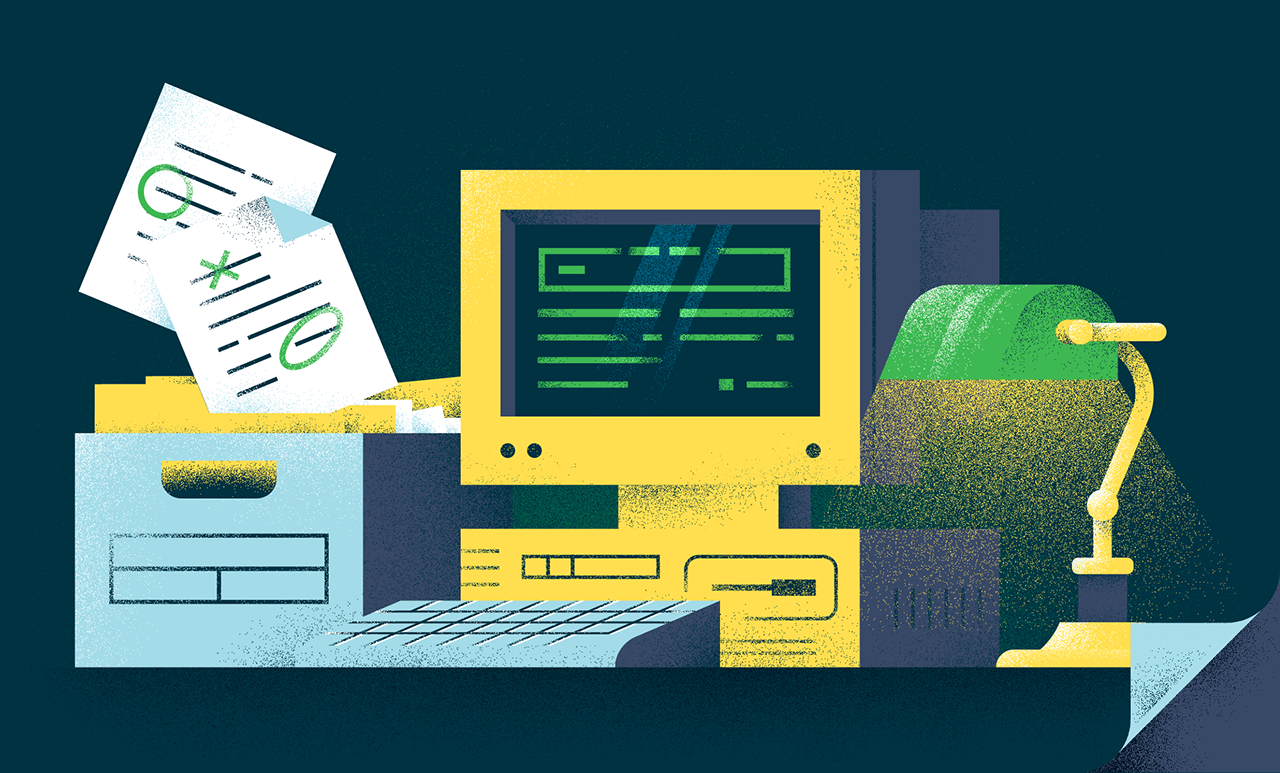Why Contract Automation is Vital for Family Law Attorneys in 2021
Don’t let anyone convince you of what ‘Artificial Intelligence’ actually is or what exactly does it mean. There is no clear consensus there, and the term is rather ambiguous when it comes to defining the actual technology behind it, and the common logic humans use to differentiate ‘intelligence’ from ‘non-intelligence’.
I prefer to think of AI as a method of system automation; it’s important to remember that despite whatever you get from Amazon Prime or Netflix, there’s no real reasoning behind the computer screen. Your processor is not really ‘thinking’ and it certainly doesn’t possess that special type of placid lucidity family lawyers are so famous for… It’s merely fulfilling a pre-programmed task by way of solving mathematical equations. It’s called ‘data processing’.
If you’d ever heard the term ‘AI winter’, you know that the history of this tech hasn’t always been serene. But winter is always followed by spring and each ‘AI spring’ could be characterized by considerable surges in funding leading to the rapid development of the tech itself. The current spike in interest is fuelled by the significantly enhanced processing power in all consumer electronic devices, including mobile. Simply put, family law offices can no longer ignore the amount of freshly-minted data that’s begging to be assigned and processed.
This is not to say that before now they had no clue what to do with it. The AI and law have a long-standing relationship that dates back to ‘expert systems’ and decision trees for solving legal problems. But these types of systems represent the existing logic of pre-programmed rules, codes, and definitions. They may very well employ the same mathematical formulas that help users solve a query by essentially weighing diverse solutions against multiple variables. The output, in this case, is an assessment of a legal case, search for a precedent or automatic completion of a form.
Again, that’s yesterday and today. The plan for tomorrow, however, is to completely eliminate the many hurdles that still limit the access to justice in family law, which has been identified as a persistent problem in virtually all common law jurisdictions. In this regard, the impact that contract automation algorithms have already had on the legal process in family law is impossible to overstate. Potentially, those algorithms will greatly affect the way that legal services in family law are delivered. Contract automation holds numerous possibilities for improving information distribution and providing support for decision-makers. With contract automation, it’s possible to replace many elements of the legal process, and in some ways reshape the adjudicative role with predictive analytics. These applications can be custom-tailored for use by virtually all involved in the process – both family law clients and family law offices, hired subcontractors, etc. However, the pitfall here is to ascribe the AI too much responsibility for preparing an artificial solution for very real problems. In many ways, family law is still chaos, and allowing machines to roam free among the constraints and intricacies of the family law system… Well, we’re not there just yet.

